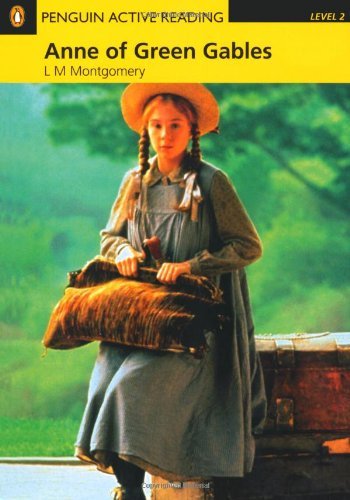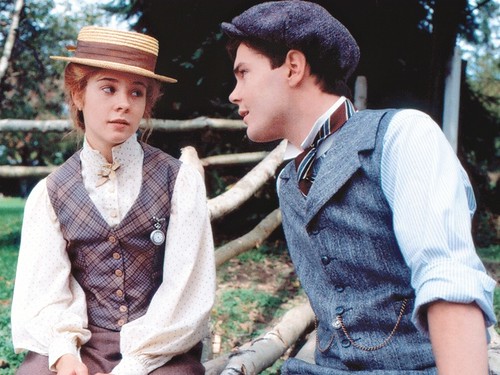Words that sound alike, homonyms, are problematic for every writer at one time or another. Some homonym pairs are especially evil, because the two words in question have similar meanings. Passed and past are perhaps the most evil of all homonym pairs. Maybe that's why they're used incorrectly so often.
The month passed uneventfully.
He passed me this note in class.
Sure I saw her. I passed her on the way here.
Notice the placement of the word in the examples, and how it's used. Verbs refer to action, to something happening, and that's how passed is always used. It's action.
But what if I change the verb in the sentence? Then, I have to use passed's difficult twin brother.
Sure I saw her. I walked past her on the way here.
See the difference? In this version of the sentence, the verb I'm using is walk. And since I passed her on my way here, I walked past her.
So if you're confused about past and passed, take heart. These two are darn confusing, they're spelled alike, their meanings are similar and they are pronounced exactly the same. Of course writers get confused, and this is one of those many things that spellcheck just can't fix. To use them both correctly, just identify your verb in the questionable sentence. If the verb being used is to pass, you've got to use passed. If past isn't the verb in the sentence, then you're using it the right way.
Past
The word past is confusing, because the word itself is not past tense. It's a perfectly normal adjective, a descriptive word, used when describing something that has already happened.
"Didn't you and Jim break up?"
"Yeah, but that's in the past."
Past is a word that references time. It's even part of a word trio, a group of buddies known as past, present and future. The three are often mentioned together, and it's worth remembering because it'll help you use past correctly. There are different ways to use the word, different places to put it in a sentence, but the meaning of past won't ever change: it's something that already happened. But it can also refer to a specific thing, or person, or time, that has already come and gone.
"All past championship players will be on campus to visit the current champs."
"I'll meet you at half past seven."
"That car sped right past us!"
Confusing, right? When used all these different ways, past becomes an adverb, a noun, even a preposition at times. In most cases, you're probably going to be using past when you're trying to get your point across. But sometimes, you might need the word passed instead.
Confusing, right? When used all these different ways, past becomes an adverb, a noun, even a preposition at times. In most cases, you're probably going to be using past when you're trying to get your point across. But sometimes, you might need the word passed instead.
Passed
The word passed is the past tense form of the verb to pass. This just means to proceed or move forward, according to the OED. It can refer to anything: a physical object, a metaphorical obstacle, time itself. You can pass a test, and you can get past a test. If you tell your friend Mimi that you did a good job on the test, you might say you passed it.
How do you know when to use passed? When you're using it as a verb. Unlike past, which can be many parts of speech, passed is only one. It's a verb. That's all you need to know.
How do you know when to use passed? When you're using it as a verb. Unlike past, which can be many parts of speech, passed is only one. It's a verb. That's all you need to know.
The month passed uneventfully.
He passed me this note in class.
Sure I saw her. I passed her on the way here.
Notice the placement of the word in the examples, and how it's used. Verbs refer to action, to something happening, and that's how passed is always used. It's action.
But what if I change the verb in the sentence? Then, I have to use passed's difficult twin brother.
Sure I saw her. I walked past her on the way here.
See the difference? In this version of the sentence, the verb I'm using is walk. And since I passed her on my way here, I walked past her.
Telling the Difference
So if you're confused about past and passed, take heart. These two are darn confusing, they're spelled alike, their meanings are similar and they are pronounced exactly the same. Of course writers get confused, and this is one of those many things that spellcheck just can't fix. To use them both correctly, just identify your verb in the questionable sentence. If the verb being used is to pass, you've got to use passed. If past isn't the verb in the sentence, then you're using it the right way.

























